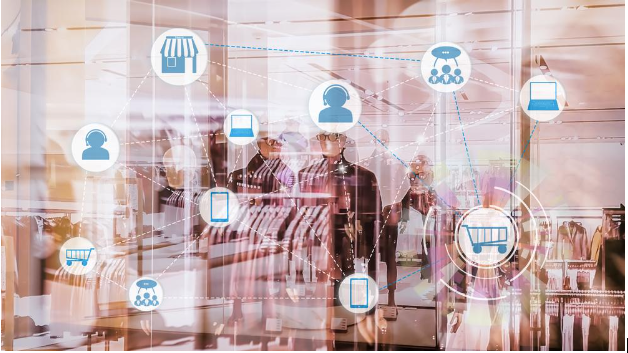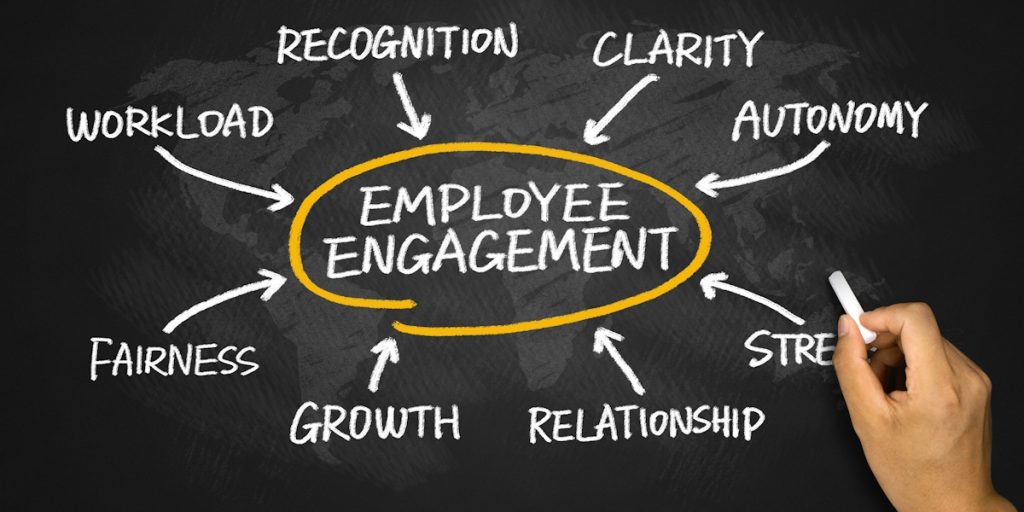Imagine this: you work long hours to meet a deadline, push yourself to exceed expectations, and deliver a successful project. But instead of being acknowledged, your hard work goes unnoticed. How would you feel? Probably undervalued, unmotivated, and disconnected. This scenario is common in many workplaces, yet it’s entirely avoidable. The solution lies in implementing timely and consistent recognition.
Recognition isn’t just about boosting morale; it’s a powerful tool to enhance employee satisfaction, productivity, and retention. In this blog, we’ll dive deep into the benefits of timely and consistent recognition, its role in workplace motivation, and actionable steps to make it a cornerstone of your organization.
What Is Timely and Consistent Recognition?
Timely Recognition
Timely recognition means acknowledging employees’ efforts or achievements as soon as possible after they occur. This immediacy ensures that the recognition feels sincere and directly tied to the action being praised.
Timely recognition matters because:
- Immediate recognition reinforces positive behaviors and achievements effectively.
- Acknowledging employees’ work in real-time ensures they feel noticed and valued.
- Timely praise strengthens the link between effort and reward.
Consistent Recognition
Consistent recognition ensures that every employee receives acknowledgment fairly and regularly, regardless of role or level. It prevents favoritism, which can damage team dynamics and morale.
Consistent recognition creates:
- A culture of fairness and inclusivity.
- Ongoing motivation for all employees.
- Trust between leadership and staff.
When timely and consistent recognition are combined, they establish a robust framework for fostering employee engagement and workplace success.
Why Is Timely and Consistent Recognition Important?
1. Boosts Employee Morale
When employees feel appreciated, their morale soars. Timely and consistent recognition shows them their efforts are valued. High morale leads to increased enthusiasm and better teamwork.
Example: A manager publicly thanks a team member in a meeting for solving a critical issue quickly. This small gesture boosts the team member’s confidence and inspires others to contribute more.
2. Increases Employee Motivation
Motivated employees are the backbone of a successful organization. Recognition gives employees a clear signal that their work has a meaningful impact.
Fact: Studies show that employees who receive regular recognition are up to 23% more engaged than those who don’t.
3. Enhances Productivity
Employees who feel valued tend to be more productive. Recognition encourages them to go the extra mile because they know their efforts won’t go unnoticed.
Example: A sales team praised for hitting a monthly target feels motivated to exceed the goal the next time.
4. Strengthens Retention
High turnover rates cost organizations time, money, and morale. Recognition plays a significant role in employee retention. When employees feel valued, they are more likely to stay loyal to their organization.
Fact: 69% of employees say they would work harder if they were better recognized.
5. Improves Workplace Culture
Recognition fosters a positive and collaborative work environment. When employees regularly receive acknowledgment, it builds a culture of appreciation and mutual respect.
Example: A peer-to-peer recognition program creates camaraderie among employees, breaking down silos.
How to Implement Timely and Consistent Recognition?
1. Recognize in Real-Time
Don’t wait for performance reviews to acknowledge accomplishments. Recognize employees immediately after they achieve something.
Tips:
- Send a quick email or Slack message.
- Highlight contributions during daily or weekly team meetings.
2. Be Specific
Generic recognition, like “Good job,” lacks impact. Instead, describe the exact behavior or achievement being praised.
Example: “Your presentation yesterday was fantastic! It clearly outlined our next steps and got everyone on the same page.”
3. Use Multiple Channels
Recognition doesn’t have to be formal. Use diverse methods to acknowledge employees:
- Verbal praise during meetings.
- Written notes or emails.
- Public shoutouts on the company’s communication platform.
4. Make Recognition Fair and Inclusive
Create a system to ensure everyone gets recognized. Avoid favoring only high-profile employees.
Ideas:
- Use recognition software to track and reward contributions.
- Rotate team acknowledgments to ensure everyone gets noticed.
5. Tie Recognition to Core Values
Align recognition with your organization’s mission and values. This reinforces the importance of those values while showing employees how their work contributes to them.
Example: “Your customer-first approach during that difficult call perfectly reflects our company’s commitment to exceptional service.”
6. Foster Peer-to-Peer Recognition
Recognition shouldn’t only come from managers. Encourage employees to recognize each other’s contributions.
Example: Implement a “Kudos Wall” or a digital equivalent where team members can publicly thank each other.
Types of Workplace Recognition
Formal Recognition
- Awards Programs: Monthly or quarterly awards like “Employee of the Month.”
- Bonuses or Incentives: Monetary rewards for exceeding expectations.
Informal Recognition
- A quick “thank you” message.
- Public shoutouts in meetings or team chats.
Milestone Recognition
- Celebrating work anniversaries.
- Acknowledging project completions or personal milestones.
Common Pitfalls to Avoid
1. Delayed Recognition
Waiting too long to acknowledge achievements makes the recognition feel insincere. Always aim to recognize as close to the event as possible.
2. Overlooking Small Contributions
Every effort counts. Recognizing smaller tasks creates a culture where employees feel valued for everything they do.
3. Focusing Only on Results
Recognize the effort, not just the outcome. Employees appreciate acknowledgement for the hard work they put in, even if the result wasn’t perfect.
The Ripple Effect of Recognition
When organizations embrace timely and consistent recognition, the effects ripple throughout the workplace:
- Employees feel valued, leading to higher job satisfaction.
- Teams work more collaboratively, fostering a supportive environment.
- Productivity increases as motivated employees contribute their best efforts.
Recognition doesn’t just improve individual performance; it creates a workplace where everyone thrives while having a positive effect on employee productivity and morale.
Conclusion
Timely and consistent recognition is not just an HR initiative; it’s a business strategy. By recognizing employees promptly and regularly, you show them they matter. This builds a culture of trust, loyalty, and excellence.
Start small. Celebrate a colleague’s achievement today. Over time, you’ll see the transformation in your workplace culture and team dynamics.
Remember: Even small acts of recognition can have a big impact. Deliver it promptly. Ensure it’s consistent. Let it truly matter.




